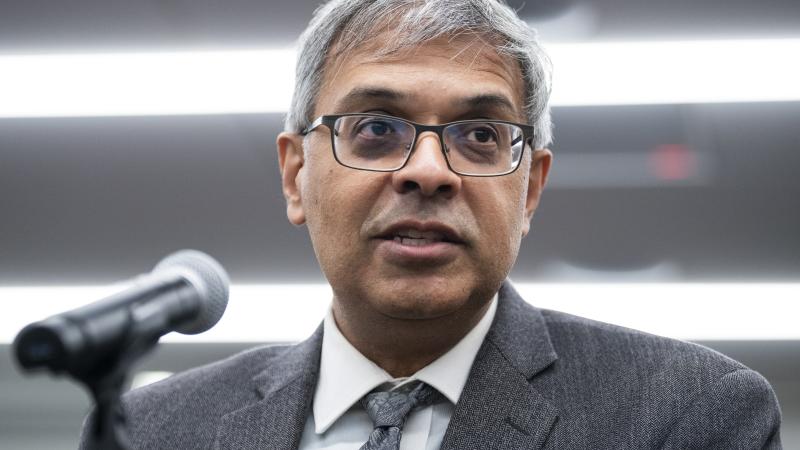Congressman says doctors need more info on prescriptions at substance abuse clinics to help patients
The legislation Rep. Mike Kennedy introduced earlier this month is titled the Safe Prescribing Through Reporting Act of 2025.
Congressman Mike Kennedy is asking Congress to pass legislation to require substance-abuse clinics to report to doctors the medications they prescribe.
The Utah Republican argues such laws protect the privacy of patients but also put them in danger of taking drugs in combination that could result in dangerous, if not deadly, consequences.
Under the federal Public Health Service Act, substance abuse clinics don't file reports to the state-run Prescription Drug Monitoring Programs.
The legislation Kennedy introduced earlier this month, titled the Safe Prescribing Through Reporting Act of 2025, aims to amend the federal law to increase transparency and allow substance-abuse-disorder medications to be reported in the state’s PDMP.
"That's not a partisan issue," he said on a recent John Solomon Reports podcast. "It's reducing opioid overdose deaths. It's reducing the likelihood that somebody's going to have a critical side effect of combining medicines.
"That's good policy for any number of reasons, but the federal government forbids certain medicines from being disclosed on that state database."
Clinics often prescribe medications in combination with counseling and behavioral therapies to treat substance-use disorders. The drugs are primarily used to treat alcohol and opioid addiction, relieving withdrawal symptoms and psychological cravings. Among the drugs used are Buprenorphine, methadone and naltrexone.
Kennedy drafted legislation after speaking with physicians in his state who shared concerns that they weren't often aware that a patient had been prescribed substance-abuse medication.
"If that information is not available to a practicing physician or other provider, it could result in critical issues, including death for these individuals," he said.
Another impetus, Kennedy said, was a friend from the state legislature bringing the problem to his attention, specifically the implications of methadone.
"It's a powerful opioid, as we all know," he said. "Twenty years ago, people didn't know as well that opioids can depress breathing tendencies and people can asphyxiate and die when they use opioids. Especially when opioids like methadone are combined with other medicines, it makes it even more risky that the person will overdose and die."














